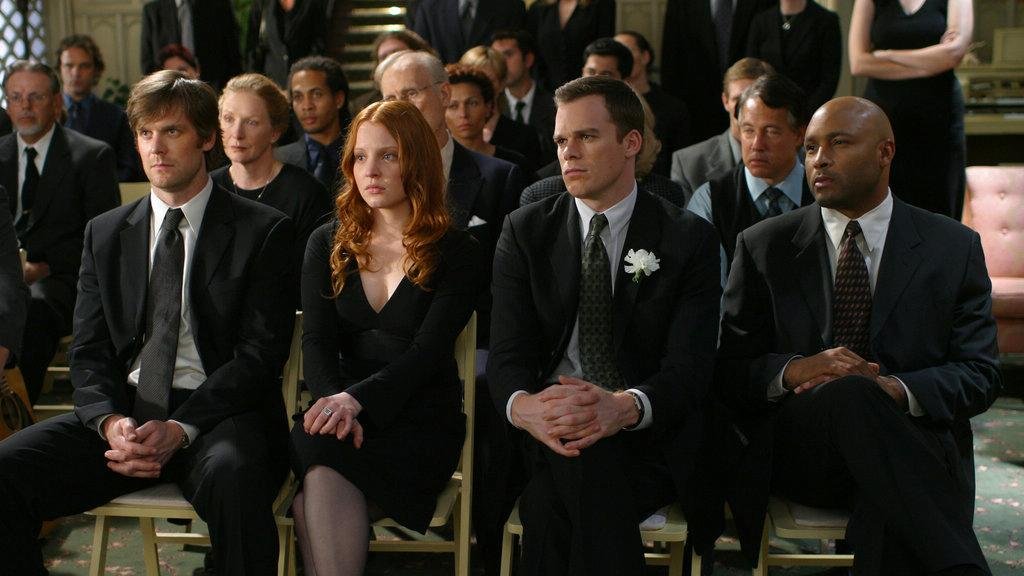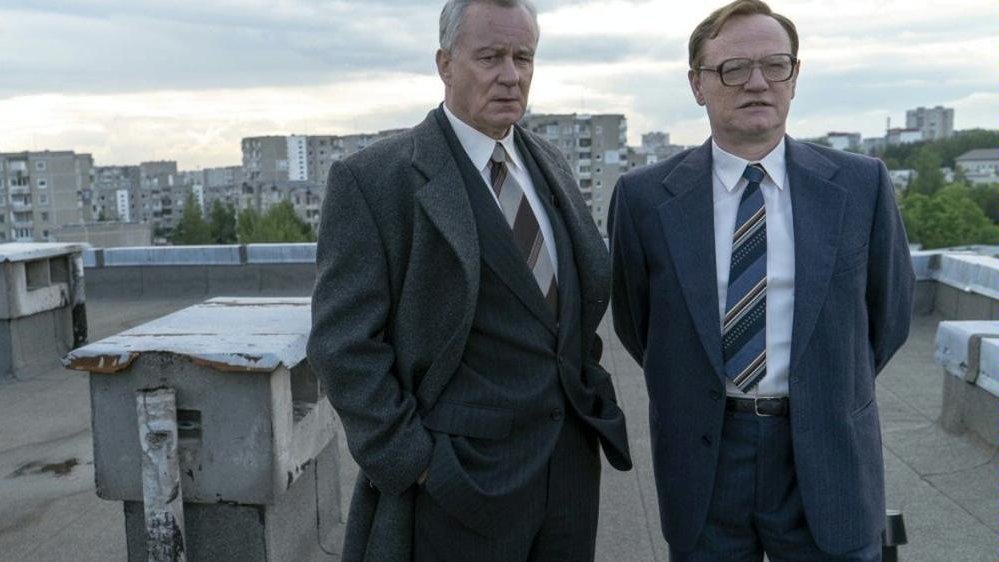The never-ending euphoria

Other than a strong attachment of viewers to Sherlock Holmes, how else could one explain the staying power of this protagonist in literature, cinema, television, theatre and even computer games? The private detective has not moved from his London's Baker Street house since the nineteenth century as he successfully weathered successive vicissitudes of history. Despite his drug problem, he remains in good health and great intellectual shape, as demonstrated in the recent BBC series starring Benedict Cumberbatch.
Dead tired of inventing further puzzles for Sherlock to solve, Holmes' creator Arthur Conan Doyle had him killed in 1893 in The Adventure of the Final Problem. However, upset by his death, readers (many of whom went as far as to wear black armbands as a sign of their mourning) put pressure on the author and eventually swayed him to resurrect the detective a decade later.
Fortunately (or unfortunately, if you will), neither Henryk Sienkiewicz nor Bolesław Prus had ever been compelled to bring either Wołodyjowski or Wokulski "back from the dead". The two protagonists are known from The Trilogy and The Doll, two books that originally came out in the Słowo (Trilogy) and Kurier Codzienny (The Doll) newspapers, one episode at a time. The episodes appeared at irregular intervals, often with lots of time passing between them. This required the patience of a saint on the part of the poor readers who were forced to wait long to find out what fate would next befall their beloved characters. On one occasion, Prus went on a prolonged holiday and, despite pressure from the editors of Kurier Codzienny, failed to turn in further episodes of The Doll before the agreed deadline. How tantalising!
In my childhood in the 1970s and "80s, TV shows, which always followed the evening news, would gather the entire country around their tellies. If memory serves me right, the shows would air on Sunday, Tuesday and Thursday nights. The Thursday episode was always a crime series, such as Kojak or Colombo, invariably posing a new "who-done-it" riddle and its solution before the episode ended. Other series would keep their audiences in suspense throughout the week. What a torment! The viewer would feel completely like Isaura, the Slave Girl, the heroine of a Brazilian soap opera that was highly popular in Poland, who was harassed by evil Leoncio every Tuesday. For the rest of the week, "all of Poland" would excitedly discuss and try to guess the further fates of their favourite slave.
Then the original Dynasty series from the US came around inundating Poland with a daily dose of its episodes. It was soon followed by the country's first home-grown soap W labiryncie (In a Maze). Coinciding with the onset of political and economic transitions, there came further productions: Klan (The Clan) and M jak miłość (M for Love). Despite these developments, the TV series genre seemed to be in decline. Soap operas were reduced to half-hour kitchen fables seeping from TV sets in the background and plugging holes in increasingly inflated schedules. More ambitious series that were unique in their form and content, such as David Lynch's Twin Peaks, were few and far between and targeted at connoisseurs only.
The revival of the TV series began at the start of this century with Alan Ball's Six Feet Under. Not only was the series set in a place as intrinsically dismal as a funeral home, it also portrayed in living colour, with the use of black humour, all the things from which TV series had so far shied away, such as sex (including the same-sex variety), sudden death, suicide, violence, and addiction. Such content was in line with a general policy shift on the part of TV stations (American stations, that is, as the Polish ones still have a lot of catching up to do in this department) that resolved to catapult themselves onto the cutting edge of societal evolution.
Until now, the place to see "prohibited content" was the cinema. Television, which remained conservative territory, steered clear of anything that could offend the "average" viewer. No nudity, no profanity, no complex narratives. And then - surprise surprise! With the advent of the Internet, the revolution transcended from television screens to the web and specifically to streaming sites. The change was huge. For example, only recently, journalists excitedly reported that the Euphoria had the greatest number of penises ever to appear in a single scene.
But then it's not all about penises. Or at least not only about them. TV show addiction is serious, especially among young viewers. Ever faster advances in technology and the sheer number of series on offer prompted the distributors to give up on releasing shows one episode at a time. Instead, they began to release entire seasons of several, even a dozen plus episodes, in one go. Recently, a friend of mine who has to show up at work by eight every morning, confessed to having stayed up until 4am binge watching some sort of Chernobyl or Black Mirror. He just couldn't tear himself away. In fact, TV series can cause social exclusion. What is there to talk about with a person who hasn't "absorbed" the latest Netflix or HBO production in its entirety the moment it premiered? TV shows seem to have become something of a socially accepted and widely available drug.
Honestly, I am personally not very big on TV series. Or just simply can't keep up with them or at least with their marketing. I am also bothered by their lack of conciseness, their long-windedness. The fact that series are being dragged out to make them last not only to the next episode but also to the next season. And one more thing... I have given up on watching Narcos dismayed by the agents' failure to capture the drug lord Pablo Escobar by Episode 8, Season 2.
Enough moralising though as the problem, if any, lies not as much in the series themselves as in conformist viewers feeling compelled to stay "up to date" at all times and remain in a state of a never-ending euphoria and insatiation, constantly in need of new stimuli and new productions. The fact of the matter is that TV series are like multi-volume novels. They need to be enjoyed at the right time and at one's own pace.
Bartosz Żurawiecki
translation: Krzysztof Kotkowski
© Wydawnictwo Miejskie Posnania 2020
See more

From One Celebration to Another

Christmas Markets and Fairs with Attractions

Truly Festive Vibes




